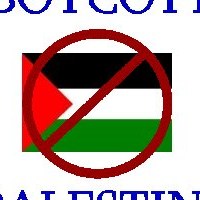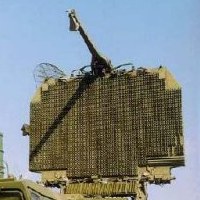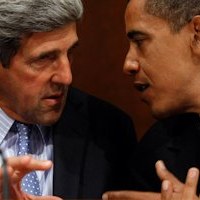![]()
Mon, Feb 21, 2011 | The Rubin Report | By Barry Rubin
My Adventures with NPR: A Case Study of Media as Political Warfare Operation
Here’s an experience that I think is very revealing. I was asked by an NPR program to be interviewed on the situation in Egypt. I agreed and they telephoned me for a 12-minute taped interview. Just before we began they told me that I would be on with Professor Fawaz Gerges. I knew that would be trouble. They also thanked him for his repeated appearances. Apparently, he was often on their shows. I have not been asked before, and perhaps will never be again.
They began asking Gerges about Egypt and he gave a reasonable answer. To my surprise, they did not ask me about Egypt at all. They did ask about Israeli reaction to the revolution there. I gave a brief analytical answer about Israeli concern regarding three points: the future of the peace treaty, the question of arms smuggling to Hamas in the Gaza Strip, and the wider regional situation, emphasizing on the last point the fall of the most important Arab state in the anti-Islamist camp.
To my surprise, they then asked Gerges to “respond” to me. Notice that they had not asked me to respond to his statement on Egypt. Gerges then launched into a long speech about how Israel and the United States always depended on dictators, that Israeli policy was the big problem, that Israel had to want a two-state solution (as if it had never backed one for years), that Israel had to stop oppressing the Palestinians, and ending with a call for a freeze on settlement construction. In other words, not exactly on the actual topic.
I objected on the grounds that he was invited to respond to my statement but that I was not invited to respond to his initial statement. Moreover, he had just made a political speech that went way off the topic and could have been made at any time over ten or twenty years. I had responded to the issues rather than making a propaganda polemic. And I was not allowed to make a response to his specific statements since the program would then move on to another question entirely. I then said that if that is what they were going to do I could not participate in this interview. And I hung up.
NPR called me back and the show’s executive producer apologized personally and said that she agreed with me (which I took as politeness rather than sincere). I explained in detail that I had interesting things to say about Egypt for their listeners. I also mentioned — which appeared to shock and perhaps make her angry — that this is the kind of thing that made people complain about NPR. She audibly gasped and made an angry noise. Nevertheless, she asked several times if they could do a one-on-one interview with me on Egypt. I agreed. She said they would call me back in 45 minutes to one hour.
As of now I have received neither a telephone call nor an email. I don’t think I ever will. They have my phone number; they have my email. I am of the traditional school that if someone says they are going to call you they do so.
What kind of journalistic operation (not to mention one funded by tax dollars) apologizes, tells someone that he was “completely right,” says its going to interview you in one hour, and then never calls? Answer: A political movement pretending to be a journalistic operation.
I wanted to discuss the next steps in Egypt in some detail. I had no interest in scoring political points. I assume they aired the interview with Gerges, either with or without my answer about Israeli reactions, presumably followed by his polemic. Perhaps that is wrong. I also assumed that they will have him on many times more and me not at all.
Oh, by the way — and I’m not making this up — I was invited a few days later to be on another NPR show. They said I would be on a panel discussing Egypt. And who would be be on the air with? Fawaz Gerges, I kid you not. I said, No, thank you. That is not a joke. That is precisely what happened.
People like me do want to be interviewed. We have spent years accumulating knowledge that we want to impart, especially when a generally obscure issue we’ve worked on for a decades becomes the world’s main story. But what’s the point when they only want to use you as window dressing to claim they are balanced when in fact they aren’t?
About the author,
Barry Rubin is director of the Global Research in International Affairs (GLORIA) Center and editor of the Middle East Review of International Affairs (MERIA) Journal. His books include Islamic Fundamentalists in Egyptian Politics and The Muslim Brotherhood (Palgrave-Macmillan); and The Long War for Freedom: The Arab Struggle for Democracy in the Middle East, a study of Arab reform movements (Wiley). GLORIA Center site: http://www.gloria-center.org His blog, Rubin Reports, http://www.rubinreports.blogspot.com.



 RSS
RSS











My Adventures with #NPR: A Case Study of #Media as Political #Warfare Operation
| #tcot #jcot #US #Israel #Rubin http://j.mp/hncEG5